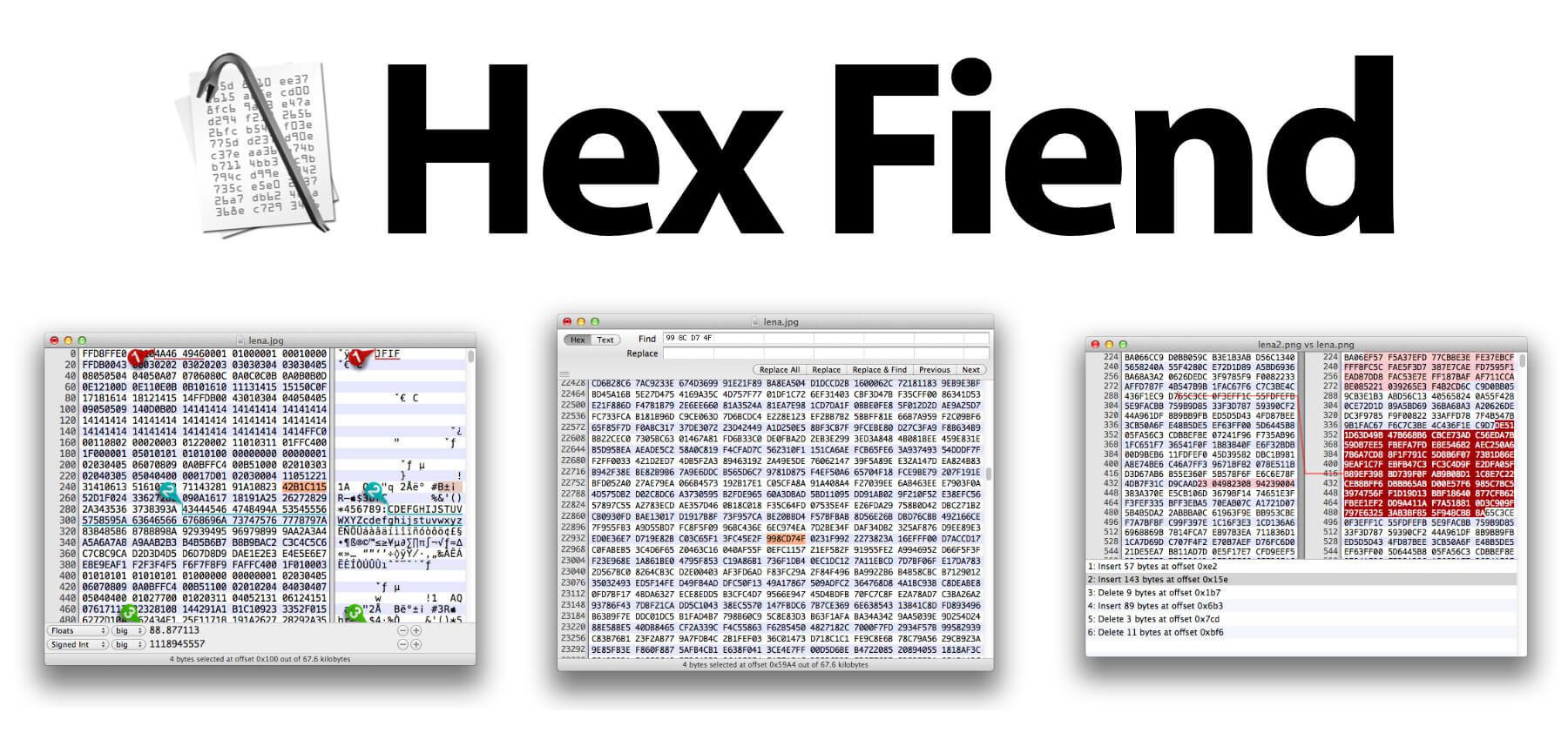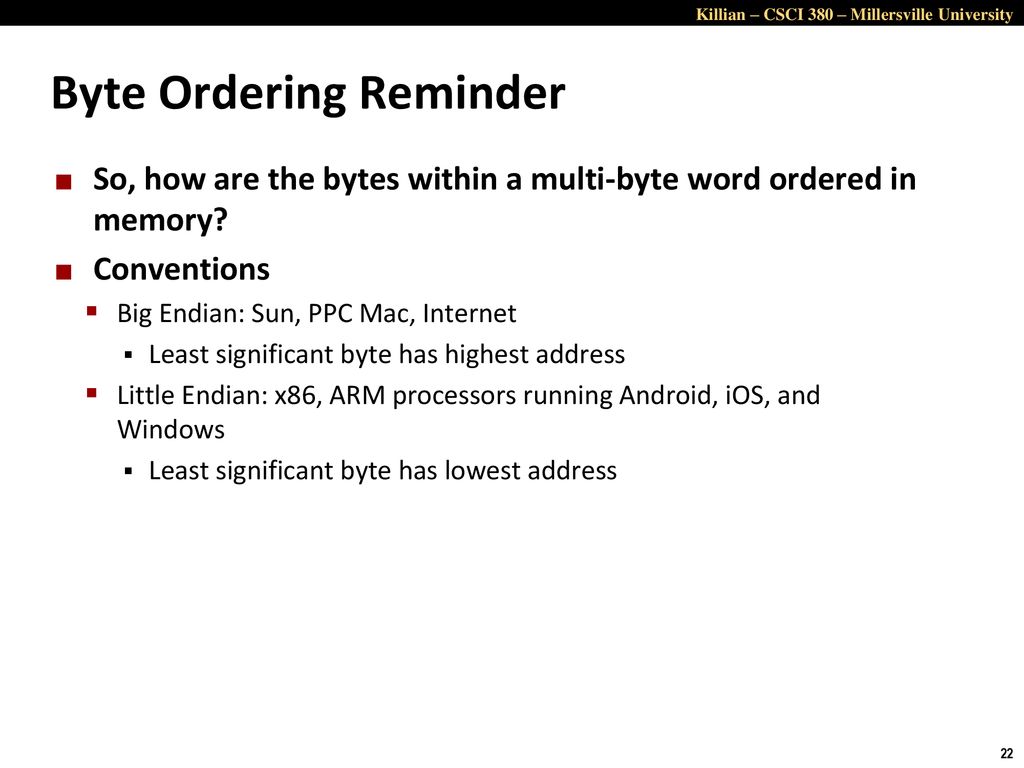

- #Android mac address little big endian serial#
- #Android mac address little big endian 32 bit#
- #Android mac address little big endian code#
But it seems to do some conversions that is not what I want. I believed that if one casts a float value as a UINT32 it would not touch the actual memory content, just interpret it differently. While checking this all out I ran into a different issue, namely casting.
#Android mac address little big endian 32 bit#
But there remains one item that is still a problem and this is transferring of 32 bit float values. There is no issue with transferring integer values as hex because the hex representation is NOT done on the memory image it is just a reformatting (often done using sprintf). I just realized that I have gotten almost all of the problem wrong.
#Android mac address little big endian code#
Often the optimizer will use smarter code to achieve that. The compiler is not bound to use the shifts. Then you can swap them at will.īut do not be afraid of " shifts". That functionality can be copied with a " union" make a union of an Long and a byte array of 4, or or 4 bytes. Note that there is a function Swap() in Delphi already, which swaps bytes of a 16 bit variable, so this is used in the above function for the center part swap.Can someone suggest a C-language counterpart to this Swap4() function? Reverse(Source).I2 := Swap(Reverse(Source).I2) Reverse(Source).B1 := Reverse(Source).B4 In Pascal (which is what I normally use) I have created the following and it works just fine for any 4-byte data type: I would like to have a swap2() and a swap4() function that takes a void pointer as argument and swaps the bytes in that location so I can call it with any variable type of the same size. This is all well and dandy, were it not for the fact that it uses an explicit type of argument and result. On Stackoverflow I found various variations to this theme as well as reference to built-in functions in the C dialects used on Windows and Mac, these of course do not exist in Microchip C30. I have found various solution suggestions while searching the web: This comes from a post on the C18 subforum In my PC program (Delphi Pascal) I have functions Swap() and Swap4() to do this. Question2: What is the most efficient method of rearranging the bytes of a multi-byte item on a PIC24 using C30? AB => BA, ABCD => DCBA.

What is the PIC24 CPU? I fear it is little-endian like the PC. Question1: Motorola MC68HC11 is a big-endian system (msb of a multibyte value comes first in memory) whereas my PC (Intel) is little-endian (lsb comes first in memory). For development I am writing a PC program to simulate the old HC11 board (because it is the master in the system) and then I realized that the way the simulator sends the data may not be exactly like the way the real HC11 board does, byte order is reversed for all multi-byte data if the endian of HC11 and PIC24 is different! And I believe so. The comm protocol specifies that all numeric data are sent as hex images, which means that a byte is 2 chars, int is 4 chars and long and float are 8 chars of hex code.
#Android mac address little big endian serial#
The board communicates through serial comm with another board that has still the HC11 MCU. I am porting C code for an older board that has been redesigned by replacing a Motorola MC68HC11 MCU with a PIC24FJ256GB206.


 0 kommentar(er)
0 kommentar(er)
